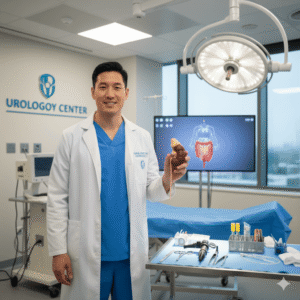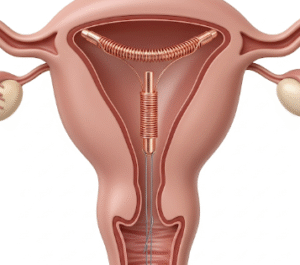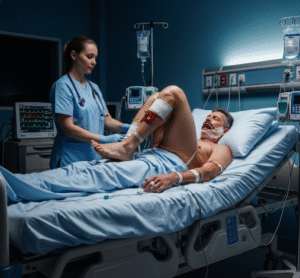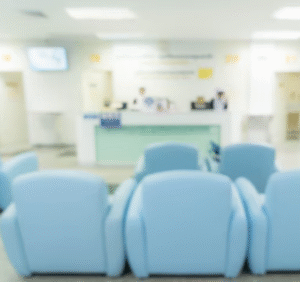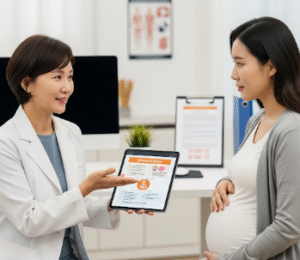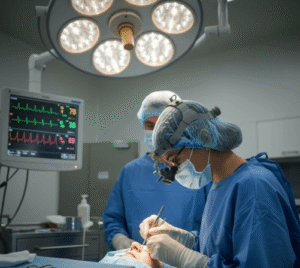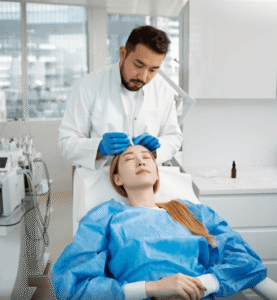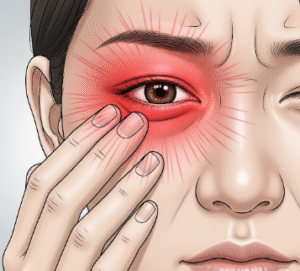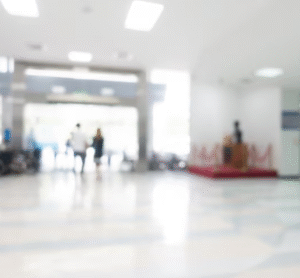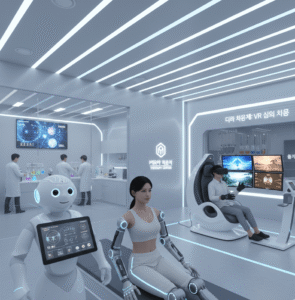What it is in Korea
➤ Hormonal acne therapy in Korea focuses on treatments that regulate hormonal imbalances responsible for acne, particularly in women.
→ Hormonal acne typically appears along the jawline, chin, and lower cheeks, and is closely tied to fluctuations in androgens, estrogen, and progesterone.
✦ In Korea, dermatologists often combine oral medications, topical therapies, and advanced skincare regimens to deliver both medical and cosmetic results.
✔ The approach emphasizes minimizing breakouts, reducing oil production, and preventing scarring, while also maintaining healthy skin aesthetics.
Why it’s done in Korea
▸ Underlying cause → Hormonal acne develops when excess androgens stimulate oil glands, causing clogged pores and bacterial growth.
▸ Patient profile → More common in women in their 20s–40s, but may also affect men with hormonal imbalance.
▸ Medical need → Standard acne treatments (benzoyl peroxide, antibiotics) often fail in persistent hormonal acne.
✔ In Korea, treatment is recommended when:
- Breakouts worsen around the menstrual cycle
- Acne continues beyond adolescence
- Nodular or cystic acne develops on the lower face
- Previous treatments fail to provide lasting improvement
Alternatives in Korea
✦ While hormonal acne therapy is highly effective, dermatologists in Korea may recommend alternatives or combination approaches:
➤ Topical options
- Retinoids (tretinoin, adapalene) → unclog pores and regulate skin turnover
- Benzoyl peroxide → reduces bacterial growth
- Salicylic acid → exfoliates and prevents pore blockages
➤ Oral medications
✔ Antibiotics → temporary use for inflammation, but not long-term solution
✔ Isotretinoin → used for severe, resistant acne not controlled by hormonal therapy
➤ Procedural treatments
▸ Chemical peels → improve surface acne and post-inflammatory pigmentation
▸ Laser therapy → reduces oil gland activity and treats scars
▸ Microneedling with PRP → boosts collagen and repairs damaged skin
Preparation in Korea
Before starting hormonal acne therapy, Korean dermatologists recommend:
▸ Medical evaluation
→ Hormone levels (estrogen, progesterone, testosterone) may be tested.
→ Health history reviewed for clotting disorders, pregnancy plans, or liver issues.
▸ Lifestyle adjustments
✦ Avoid harsh cleansers or scrubs that worsen irritation.
✦ Adopt a balanced diet (low in dairy and high glycemic foods, which can worsen hormonal acne).
▸ Pre-procedure advice (if combined with laser or peels)
✔ Stop using retinoids or acids a few days prior.
✔ Avoid excessive sun exposure and apply broad-spectrum sunscreen.
How it’s done in Korea
1. Oral Contraceptives (OCPs)
➤ Widely used in Korea for women with hormonal acne.
→ Contain estrogen and progestin to reduce androgen activity.
✦ Effectiveness: noticeable improvement within 3–6 months.
2. Anti-Androgen Therapy (Spironolactone)
▸ Blocks androgen receptors and reduces oil production.
✔ Commonly prescribed for women with persistent acne, particularly jawline breakouts.
✔ Requires regular monitoring of potassium levels and blood pressure.
3. Isotretinoin (for severe cases)
✦ Although not strictly a hormonal treatment, isotretinoin may be recommended in Korea when hormonal therapy alone is insufficient.
4. Integrated Korean Approach
➤ Many clinics combine hormonal therapy with advanced Korean dermatology treatments such as:
- Laser resurfacing to minimize scarring
- Chemical peels for pigmentation
- Customized K-beauty skincare regimens that reduce irritation and enhance results
Recovery in Korea
Recovery from hormonal acne therapy is gradual and requires patience:
▸ Initial phase (1–2 months)
✔ Possible flare-ups as hormones stabilize.
✔ Mild side effects: breast tenderness, irregular periods (with OCPs), dizziness (with spironolactone).
▸ Intermediate phase (3–6 months)
→ Noticeable reduction in acne lesions.
→ Skin texture improves, with fewer new cystic lesions.
▸ Long-term phase (6–12 months)
✦ Consistent therapy leads to sustained remission.
✦ Acne scars may be treated with laser or microneedling as maintenance.
Complications in Korea
While generally safe, hormonal acne therapy carries some risks:
➤ Oral contraceptives
- Nausea, headaches, or mood changes
- Rare: blood clots, especially in smokers or women over 35
➤ Spironolactone
✦ Dizziness, menstrual irregularities
✦ Potential for high potassium levels (requires monitoring)
➤ General risks
✔ Pregnancy must be avoided while on certain treatments (OCPs, isotretinoin).
✔ Patients must commit to regular follow-ups and blood tests in Korea.
Treatment Options in Korea
Korea is considered one of the best places for hormonal acne therapy, thanks to its advanced dermatology infrastructure and integrated care.
➤ Major hospitals
- Seoul National University Hospital Dermatology → Comprehensive hormonal testing and individualized acne management.
- Asan Medical Center → Endocrinology and dermatology collaboration for complex hormonal acne.
➤ Private dermatology clinics in Seoul (Gangnam, Apgujeong)
✔ Oracle Skin Clinic, Banobagi Dermatology, ID Dermatology → Specialize in combining hormonal therapy with cosmetic skin treatments for optimal aesthetic results.
➤ K-beauty integration
✦ Korean clinics often supplement hormonal therapy with scientifically backed skincare products (soothing essences, non-comedogenic moisturizers, barrier-repair creams).
✦ Medical tourism support is common → English-speaking staff, pre-arrival consultations, and aftercare packages.
Conclusion in Korea
➤ Hormonal acne therapy in Korea offers a highly effective and patient-centered approach for those struggling with acne driven by hormonal imbalance.
→ By combining oral therapies, anti-androgens, and advanced dermatological procedures, Korean clinics deliver both medical solutions and cosmetic refinement.
✦ With careful preparation, consistent monitoring, and expert guidance, patients can achieve long-term remission, clearer skin, and renewed confidence.



